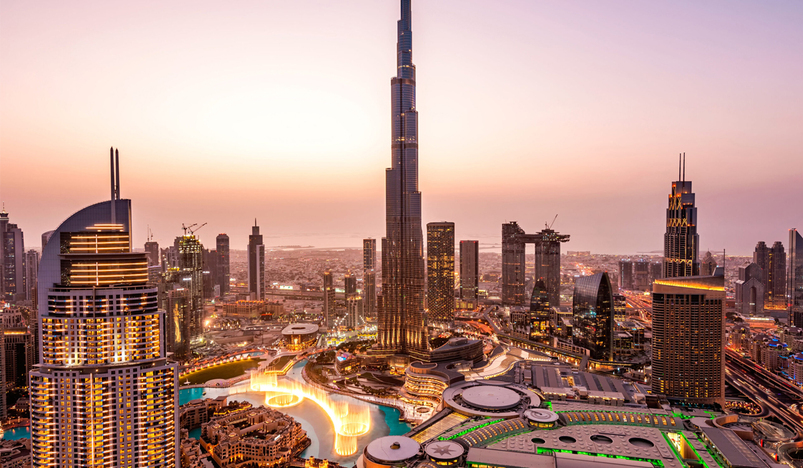
Dubai
Move comes as Dubai seeks to attract more expatriates to visit amid growing regional competition
Dubai entered the new year with a policy suspending a 30 percent tax on alcohol sales, with the move expected to further boost the United Arab Emirates' (UAE) appeal to western tourists and expatriate residents.
The changes took place on Sunday and the suspension will last for one year as a trial period, according to domestic reports.
"With the removal of 30% municipality tax and a free alcohol licence, buying your favourite drinks is now easier and cheaper than ever," MMI, one of two Dubai firms that distribute alcohol, said on its Instagram account.
African+Eastern, another retailer, also confirmed on Instagram that the tax no longer applied but said that prices would remain subject to a five percent value-added tax (VAT).
Both firms also said the licences to purchase alcohol will now be free. They previously cost $70 a year. However, licences will still be required as the UAE continues to restrict the sale of alcohol to Muslims.
Middle East Eye reached out to the Dubai Government Media Office for comment but did not immediately get a response. However, the Dubai Municipality confirmed the news in a response to a user on Twitter.
For decades, Dubai has been a premier commercial and tourist destination, in part due to its less stringent laws on the consumption of alcohol.
Tourism is also a key pillar of its economy, and the number of tourists grew by more than 180 percent in the first half of 2022, compared to the previous 2021 period.
Dubai's economy was able to swiftly rebound from the Covid-19 pandemic, with its gross domestic product (GDP) growing 4.6 percent for the first nine months of 2022, compared to the same period in 2021.
Growing regional competition
Expatriates make up more than 80 percent of the UAE's population, including in major hubs like Dubai.
The Emirates has been introducing measures to attract more expatriates to come to visit, live, and work in the country. Last year, the UAE ended a ban on unmarried couples living together and moved to a Monday-Friday work week.
While the UAE does not impose income tax on its residents, starting this June it will introduce a nine percent corporate tax on profits exceeding 375,000 dirhams ($102,100).
However, Dubai is facing growing regional competition in the tourism and regional business sector.
Saudi Arabia is investing billions to burnish its tourism appeal with efforts such as the Red Sea Project while playing host to major cultural and sporting events. In October 2021, Riyadh also announced that by 2024 it would cease doing business with any international companies whose regional headquarters were not based within the kingdom.
Qatar is looking to further build off of its hosting of the 2022 World Cup tournament last month, which was expected to bring in $17bn in revenue for the country.
.jpg)
Qatar Secures Place Among the World's Top 10 Wealthiest Nations
.jpg)
Hamad International Airport Witnesses Record Increase in Passenger Traffic

Saudi Arabia: Any visa holder can now perform Umrah

What are Qatar's Labour Laws on Annual Leave?
Leave a comment